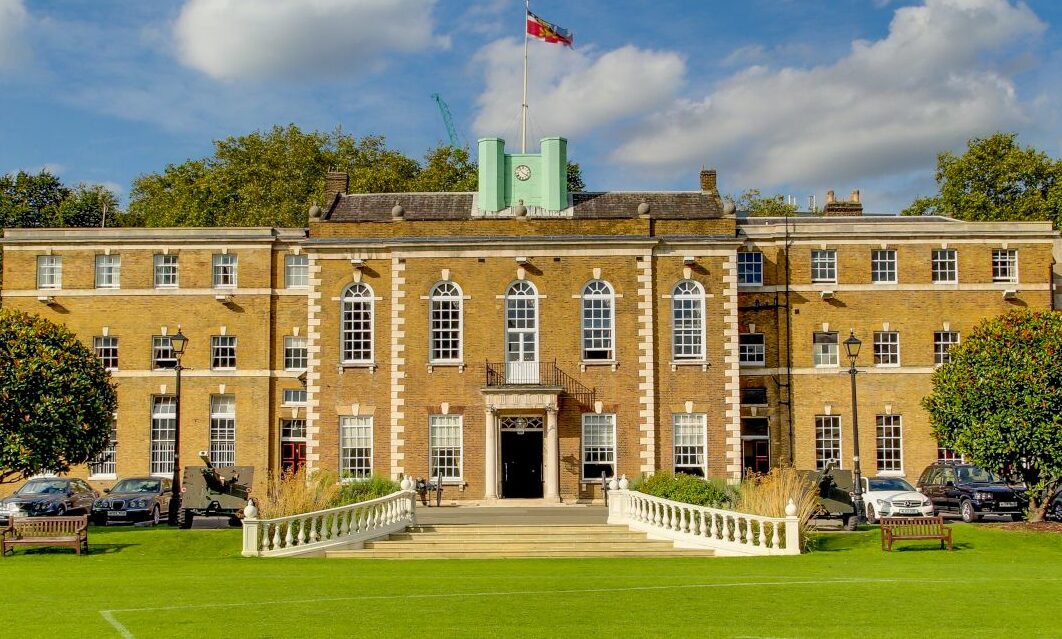On Monday afternoon we saw the delivery of the most recent budget report from Philip Hammond, Chancellor of the Exchequer. He announced that we are coming to the end of the era of austerity, and that we should see the country in a much more prosperous light. After his 72-minute speech, we have sorted through the facts and figures to make sure that you the assistants of the UK understand what this means for you.
Let’s start with personal taxation and wage; this directly affects how much money you end up with at the end of the month.
- The personal allowance threshold, the rate at which people start paying income tax at 20 per cent, to rise from £11,850 to £12,500 as of April.
- The higher rate tax rate, the point at which pay tax at 40 per cent is set to rise from £46,350 to £50,000 in April 2019.
- Tax rates will rise in line with inflation.
- The National Live Wage will increase by 4.9 per cent, from £7.83 to £8.21 an hour, again as of April.
This means a basic saving of £130 for basic taxpayers and £860 for those on the higher rate. However, those on the higher rate will see those gains reduced as National Insurance for them will rise to £500.
- The cost of a bottle of wine will rise 8p, in line with inflation in February 2019.
- Fuel duty will be frozen for the ninth year in a row.
This means for corporate events and corporate travel a slight increase in wine costs but nothing overly drastic in this department.
- The growth forecast went from 1.5 per cent to 1.3 per cent in March 2018, due to ‘bad spring weather’.
- Forecast for 2019 raised from 1.3 per cent to 1.6 per cent.
- Wages grew at its highest in nearly a decade.
- Three million more people are in work since 2010 and 800,000 more jobs are forecast by 2022.
A promising future was announced by Hammond, which could see the economy at it’s best since before the 2008 banking crisis.
Does that mean that businesses will take a hit on tax to make up for everyone else?
- For big tech firms such as Facebook and Google, a new two per cent digital service of UK tax will appear as of April 2020.
- Private Finance Initiative (PFI) contacts will be a thing of the past.
- Annual investment allowance will be increased from £200,000 to £1m for two years.
- Contribution of small companies to apprenticeship levy to be reduced by half to five per cent.
- £900m in business rates relief for small businesses and £650m to rejuvenate High Streets.
- New 100 per cent mandatory business rates relief for all lavatories made available for public use.
- Some changes to the way higher redundancy payments, company cars, and employee loans are taxed will also take effect in April.
The outcome could mean a bright future for a lot of businesses in the UK, which could be set to take advantage of greater tax relief and money to encourage them to become a High Street name.
However, for major digital tech firms, tax rates will be on the rise.
- Air Passenger Duty to be indexed in line with inflation.
- Opening the use of e-passport gates at airports – currently available to people from Europe – to those from the USA, Canada, New Zealand, Australia and Japan.
International travel will become slightly quicker at the airport when inviting those from abroad to visit the UK.
- No tax on takeaway coffee cups, but something to be considered if the industry doesn’t progress in changing quickly enough.
- A new tax on plastic packaging that doesn’t contain 30 per cent recyclable material.
Your morning coffee shouldn’t charge you anymore for the moment, but it’s one to keep an eye out for.
Any change for the self-employed?
The Treasury believes a third of people claiming self-employed status as a ‘personal service company’ are actually working in the same way as employees, and should pay more income tax and national insurance.
Having changed the rules on this in the public sector, it will now do the same in the private sector from April 2020. However, this will only be used for those working for large and medium-sized businesses.
Campaigners immediately described it as a ‘fresh raid’ on the self-employed.










